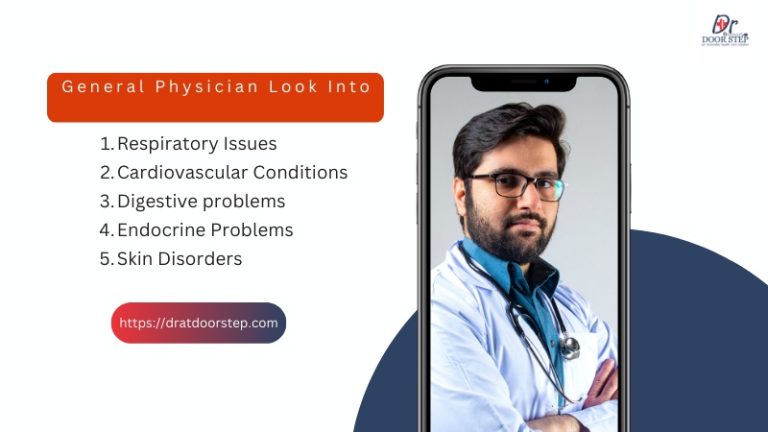The Roles of a General Physician in Modern Healthcare


Know All About Professional Home Nursing.
In the heart of Ahmedabad, the demand for professional home nursing services and home doctor visit has become an essential.
Read More
Importance of Home Care Services for.
The percentage of elderly individuals in the world’s population as of previous year was 10%. Soon, the number will increase,.
Read More

